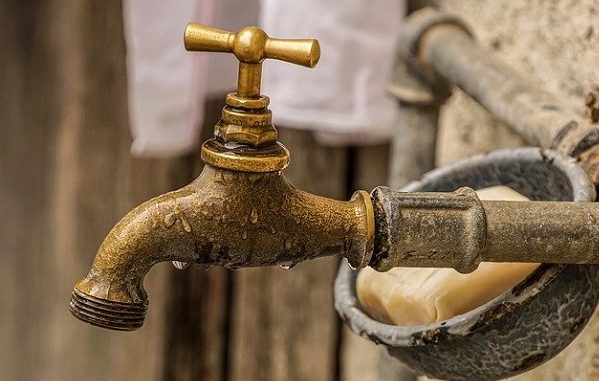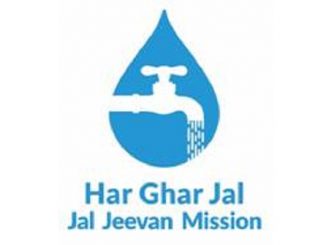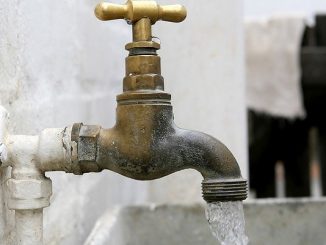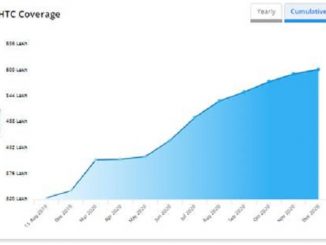
May 31: Assam presented the Annual Action Plan for consideration and approval of Ministry of Jal Shakti. Government of India approved Rs 1407 Crore for 2020-21 under Jal Jeevan Mission (JJM). In 2020-21, State plans to provide tap connections to 13 lakh households out of total 63 lakhs. Realization of the goal of Jal Jeevan Mission in Assam is not difficult taking into account the abundant water resources in the State i.e. both groundwater and surface water.
The state is giving emphasis on capitalising on ‘low-hanging fruits’ i.e. in the villages/ habitations where piped water supply schemes already exist, to yield the desired results. The state plans to immediately provide household tap connections to all remaining households of belonging to weaker and marginalised sections on priority. A defined roadmap is also charted for the effective implementation of the Village Action Plan (VAP) with the active participation of the rural community. Strengthening of existing drinking water sources for the long-term sustainability of drinking water supply systems through the convergence of various programmes like MGNREGS, SBM (G), 15th Finance Commission Grants to PRIs, District Mineral Development Fund, CAMPA, Local Area Development Fund, etc. at village level is planned for judicious use of all available resources.
While planning, thrust is given on covering households in quality-affected habitations, aspirational districts, SC/ ST dominated villages/ habitations, Sansad Adarsh Gramin Yojana villages, etc. on priority.
Above all, local village community/ Gram Panchayats and or its sub-committee/ user groups are being involved in planning, implementation, management, operation and maintenance of water supply systems in villages to ensure long-term sustainability. Jal Jeevan Mission encourages the participation of the local community in surveillance of water quality. PHE department is duty-bound to empower and engage with the community. For this, action plan carried out to incorporate the entire value-chain- from timely procurement of kits, the supply of kits to the community, identification of at least five women in every village, training women for use of Field Test Kits and reporting and collating the reports with laboratory-based findings of the water sources.
When the country is grappling with CoVid-19 pandemic, it has become very important to provide a livelihood to the migrant workers who have returned to their native villages. These migrant labourers are basically skilled and semi-skilled ones, whose services could be utilized in by providing jobs related to water supply especially plumbing, fitting, water conservation works, etc. in every village to ensure sufficient groundwater availability leading to water security, water availability for agriculture and most importantly will help in the provision of drinking water to every rural household.
With the implementation of Jal Jeevan Mission, people in rural areas now aspire to get tap connections in their household premises, which they could not even think of till last year. With the active support of States, Ministry of Jal Shakti is steering the Mission to bring cheers in lives of rural folks by making provision of potable water in adequate quantity and of prescribed quality on a regular and long-term basis.
Source: PIB
Disclaimer: We donot claim that the images used as part of the news published are always owned by us. From time to time, we use images sourced as part of news or any related images or representations. Kindly take a look at our image usage policy on how we select the image that are used as part of the news.


